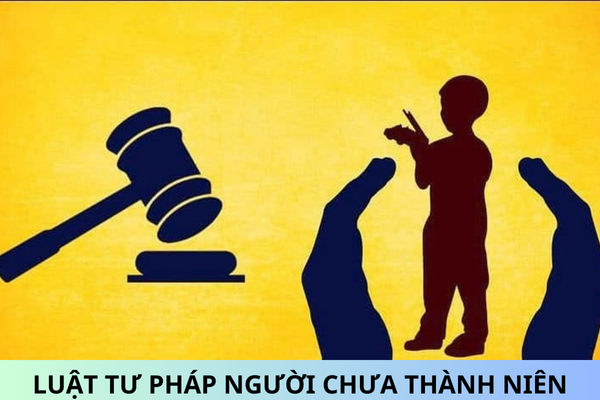Life Imprisonment: Does It Mean Serving for a Lifetime?
Pursuant to Article 39 of the Criminal Code 2015 stipulates: Life imprisonment is an indefinite term imprisonment applied to individuals who commit exceptionally serious crimes but do not warrant the death penalty. Life imprisonment shall not apply to persons under 18 years of age who commit crimes.
According to Clauses 1, 2, 3 of Article 63 of this Code:
- Individuals sentenced to non-custodial reform, a fixed-term imprisonment or life imprisonment, if they have served a certain period of the sentence, shown significant progress, and partially fulfilled civil obligations, based on the proposal of the competent criminal enforcement agency, the Court may decide to reduce the term of the sentence being served.
The period served to be considered for the first reduction is one-third of the term for non-custodial reform, fixed-term imprisonment, and 12 years for life imprisonment.
- An individual may be granted multiple reductions, but must ensure that they serve at least half of the imposed sentence.
For those sentenced to life imprisonment, the first reduction is to 30 years of imprisonment, and even with multiple reductions, the actual sentence served must be 20 years.
- In cases where individuals are sentenced for multiple crimes including a life imprisonment sentence, the Court shall consider the first reduction to 30 years of imprisonment after 15 years have been served, and despite multiple reductions, the actual sentence served must be 25 years.
From the above provisions, it can be observed that life imprisonment does not necessarily mean spending the rest of one's life in prison, but rather conditional release may be granted when meeting the following conditions:
- Served a certain period of the sentence (12 years);- Demonstrated significant progress;- Partially fulfilled civil obligations.
Thus, an individual sentenced to life imprisonment if they exhibit good behavior and meet the other conditions may be considered for sentence reduction, allowing them to be reunited with their families after serving just 20 or 25 years, which reflects our state’s humanitarian policy.
Respectfully!










